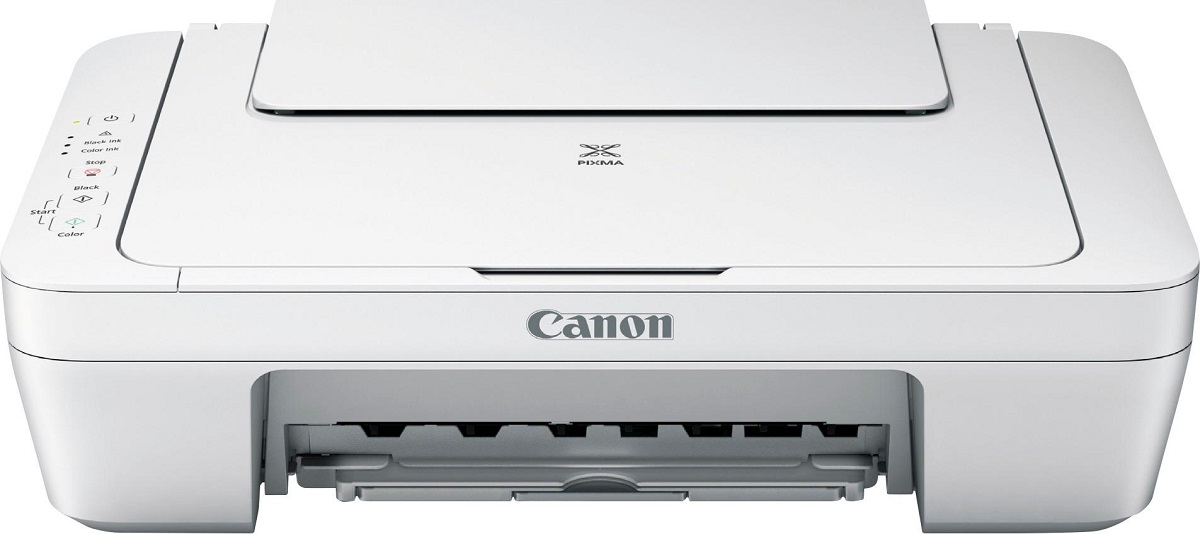Scanning function is disabled when ink is low, Canon sued for its design
Many people have encountered troubles in the process of using printers, and nowadays printers are not only printing functions, they may also include all-in-one machines with functions such as scanning or faxing. Canon is one of the most common printer brands on the market, and its all-in-one printers have a huge sales volume. But recently, Canon has been sued by users in the United States due to the design of the all-in-one machine.

According to HotHardware reports, the incident originated several years ago. Once Canon’s all-in-one machine runs out of ink, not only can it not print, but it can’t even use the scan and fax functions. In 2016, Canon officially responded to the user’s reason in a post in the community, telling the user that “These precautions are in place to prevent damage to the printer from occurring if printing with no ink is attempted. The printer uses the ink to cool the printhead during the printing process. If no ink is present, the printhead could be damaged or the unit would require service.”
This time Canon was sued by David Leacraft, who lives in New York, and used Canon Pixma MG2522. He believed that the purchase of this device was completely misguided. In his opinion, Canon’s approach denies the claim that the device is a multi-function product because other functions are disabled if printing is not possible without ink, which is essentially a single-function device. The reason stated by Canon is not a preventive measure, but a product design problem, deliberately, and Canon did not inform this on its product page or packaging, believing that there is a problem of deceptive marketing and improper profit.
For a long time in the past, many practices of printer manufacturers have been controversial. For example, if the color ink of the ink cartridge is used up, even if there is still black ink, it is not allowed to print in black only. David Leacraft asked Canon to pay $5 million in compensation, excluding interest and litigation costs, but it has not yet been approved for a class action. If a class-action lawsuit is established, then every local user who purchases a Canon all-in-one machine will hope to receive compensation.





